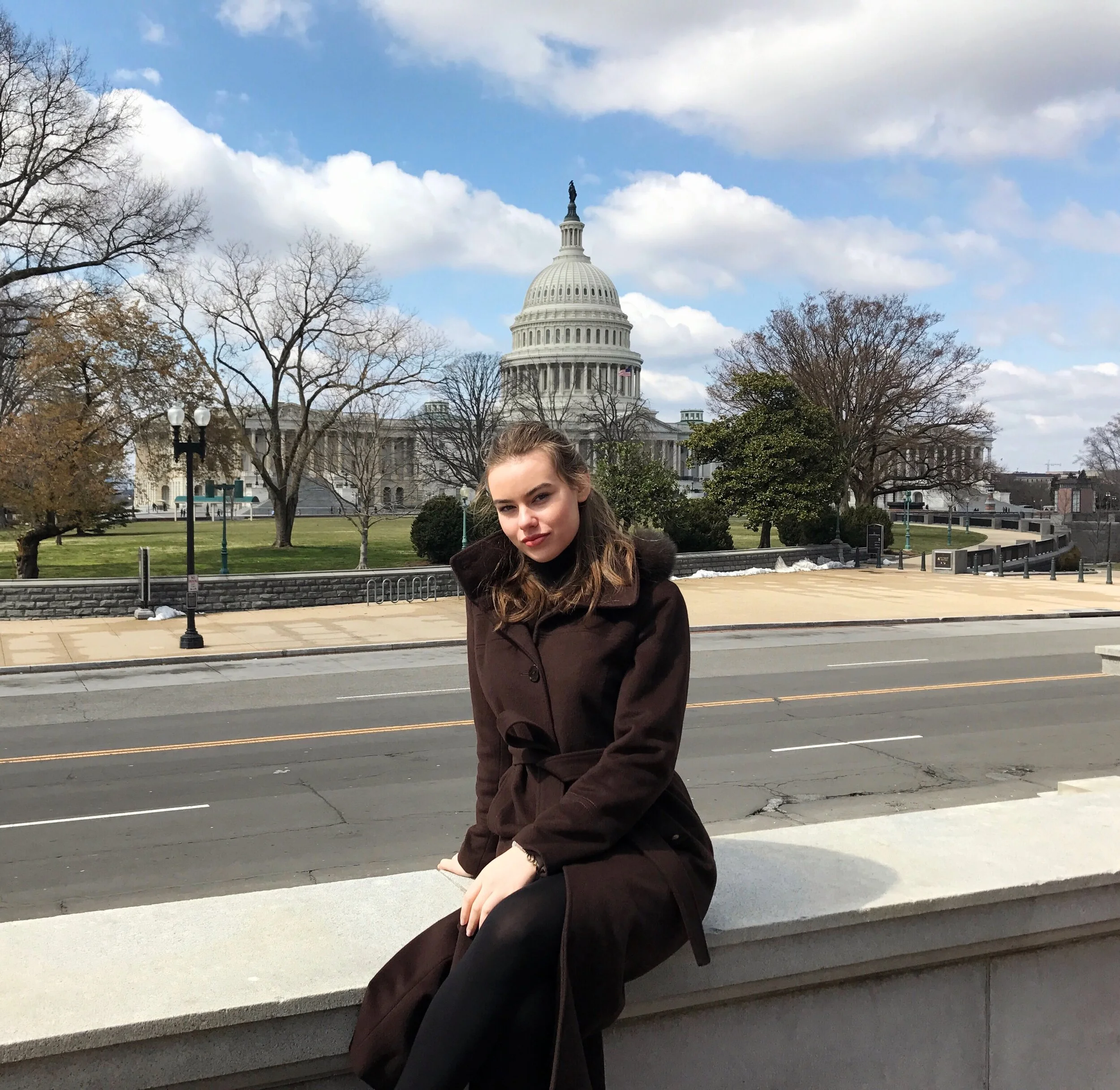Dear Friends of MPJI,
Greetings from New York City, where tourism, commerce and culture are rapidly returning post-pandemic. At MPJI, we are excited about:
NYCJ: A full class of 13 students attending the NYC Semester in Journalism (NYCJ) program this fall, bringing diverse backgrounds and perspectives from across the U.S. (and one from Brazil). We are placing these students in newsroom internships including AM New York, Brooklyn Paper, Newsweek and Bold TV. If your newsroom wants an intern now or in a future semester, please do reach out!
Fall 2021 Class of NYCJ Students
Summer Academy: Our Summer Academy high school journalism program enrolled 17 students across two tracks: Arts and Culture reporting with Prof Paul Glader and Sports reporting with Prof Clemente Lisi July 26-30. We had a great week!
Summer Academy 2021 students
JCS: We look forward to welcoming our Journalism, Culture and Society (JCS) four-year majors back on campus in a matter of days. We are excited about strong and diverse leadership teams at The Empire State Tribune campus news outlet and in our on-campus chapter of the Society of Professional Journalists led by its new president Sofia Valdes.
Advisers & Friends: We are delighted to welcome a few new names to our MPJI advisory committee: Jordan Ritter Conn, Dr. Anne Hendershott, Hamil Harris, Jerry Mitchell, Brandon Mercer, Bobby Ross, Meagan Clark, Hope Hodge Seck and Michael Goodwin. Congratulations to Marshall Allen for his new book “Never Pay The First Bill” published by Portfolio / Penguin (where it was edited by Bria Sanford, another advisory committee member). And congratulations to Nathan Pyle for his best-selling books, “Existence Chronicle,” “Strange Planet, "Stranger Planet.” Also, our adjunct colleague Stephen Kurczy, who teaches media law and ethics to our JCS majors, has a new book out with Dey St. press titled “The Quiet Zone: Unraveling the mystery of a town suspended in silence.” We published a QnA with Annie Augustine, who worked in PR at The Atlantic, The New Republic and Vice News before teaching an elective class in media PR at King’s.
Congratulations to our ALUMS doing great work. Here are a few updates:
Lydia Moynihan covers Wall Street for The New York Post, recently switching to that role from her job as a producer at Fox Business.
Bernadette Berdychowski is a retail and real estate reporter at The Tampa Bay Times, recently switching from her role in audience development.
Morgan Chittum is a finance reporter at blockchain news outlet Blockworks, after her year as a fellow at the New York Daily News.
Wesley Parnell has published some enterprise pieces in addition to his daily coverage as a metro reporter and photojournalist at New York Daily News.
Anastassia Gliadkovskaya is a staff writer at Fierce Healthcare after interning this spring at Forbes.com.
Michael Sheetz was all over the summer billionaire space jam in his job as space reporter at CNBC.
Jessica Mathews joins Fortune magazine as a finance reporter, after three years at FinancialPlanning. Her fellow TKC alumna, Anne Sraders, has been a finance reporter at Fortune for two years.
Kat Samelson is a production assistant at the Today Show.
Zoe Jones is working at CBS News.
Elissa Esher is a digital producer at Hearst.
Maria Monteros is associate editor for retail at IndustryDive.
Hope Hodge Seck is managing editor at Military.com.
Rachel Greenland is a research editor and analyst at Boardroom Insiders.
Mitch Chamberlain and Amy Chamberlain, who met in the NYCJ program in 2016, got married and had twins!
Sydney Franklin, an alum of NYCJ forerunner WJC, completed her year-long fellowship at The New York Times on the real estate desk.
Callie Patteson joined The New York Post as a political reporter after nearly a year as breaking news editor at The Washington Examiner.
Events: If you missed our awesome session last fall with investigative reporter and MacArthur Grant recipient Jerry Mitchell, you canread about it and watch it here. We also posted videos and details from our spring SkepTech 2021 forum with David French, Al Sikes and others. We also posted a video of photojournalist Gary Fong’s spring 2021 MPJI lecture. Stay tuned for some exciting events this coming school year!
End Note: We were glad to hear from Det Norske Teatret in Oslo, Norway, recently about their upcoming production of The Lehman Trilogy by Sam Mendes. The organization plans to reprint (with our permission) an obituary of Robert Lehman written by John McCandlish Phillips in the theater program. Here’s the obituary: click here.
Follow us on LinkedIn, Twitter, Instagram and Facebook!
We remain grateful for your friendship and support. Big THANK YOU to the Salinger Foundation for their recent annual support of scholarships for NYCJ students. If you would like to support the work of MPJI, you can make a tax-deductible donation here and specify that the donation should go to MPJI.
Paul Glader
Director of MPJI
The McCandlish Phillips Journalism Institute is a home of journalism-related programs and majors at The King’s College in New York City. In addition to its academic programs, it hosts events and provides resources to its students, alums, friends and donors. The institute is named in honor of the legendary reporter at The New York Times who was an exemplar of standards, ethics and style in the craft of journalism and was a kind friend and mentor to those of us who knew him.







